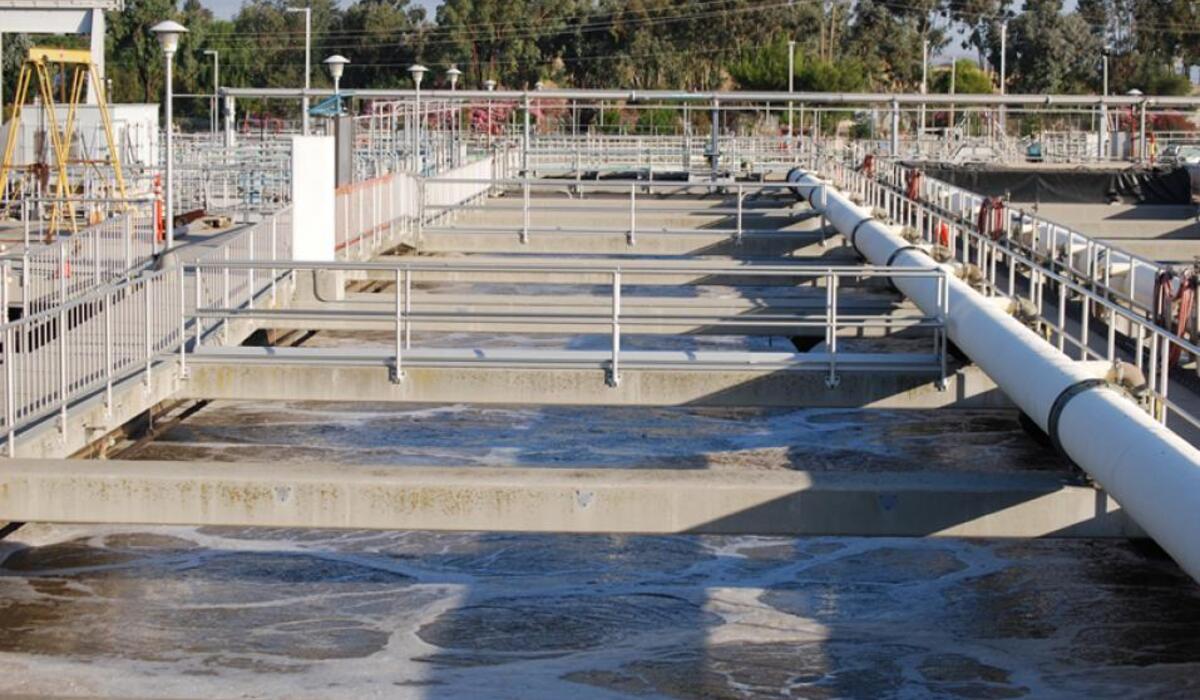California legislators are on the verge of approving innovative measures to establish a filtration system that converts wastewater into drinking water. Dubbed the “toilet to tap” ruling, the State Water Resources Control Board is expected to give its approval this week. The initiative involves constructing advanced water treatment plants designed to transform raw sewage into potable water. This move aims to repurpose water that was once considered waste, contributing to the state’s resilience against droughts and climate change.
In the current system, a substantial portion of California’s wastewater undergoes treatment before being discharged into the ocean or rivers. The proposed system seeks to further treat some of this wastewater, recycling it into drinking water. As the state grapples with the impacts of climate change and anticipates worsening droughts, this approach becomes crucial for ensuring a sustainable water supply.
Heather Cooley, the director of research at the Pacific Institute think tank, emphasizes the significance of this initiative in enhancing community resilience. The “toilet to tap” terminology has faced criticism, with proponents arguing that a more accurate description is “direct potable reuse.” This term reflects the thorough treatment processes involved, ensuring the safety of the recycled water for consumption.
“We’re creating a new source of supply that we were previously discharging or thinking of as waste,” Cooley told the LA Times. “As we look to make our communities more resilient to drought, to climate change, this is really going to be an important part of that solution.”
While the idea of turning wastewater into drinking water might evoke discomfort, similar processes are already in use, even in extreme environments. For instance, astronauts aboard the International Space Station recycle both wastewater and sweat. On Earth, the United Nations reported that over half of the world’s wastewater is safely recycled for various purposes. Many countries and communities are increasingly turning to recycling wastewater into drinking water as a sustainable solution.
The US government, including the Environmental Protection Agency, supports such systems as a means of addressing water crises exacerbated by climate change. Heather Cooley emphasizes that this initiative is about resource recovery rather than wasting precious resources. It aligns with the concept of a circular approach to water, contributing to a more sustainable and resilient water management system.
“This is really about recovering resources, not wasting precious resources,” Cooley told the LA Times. “This is really, I think, an exciting opportunity for helping to realize that vision of a more circular sort of approach for water.”
While these advanced water treatment plants are not yet in the construction phase, their potential benefits underscore the need for public education about the advantages of such systems. Despite initial reservations, the “toilet to tap” initiative represents a forward-thinking and resource-conscious approach to water management that could play a crucial role in addressing future water challenges.

